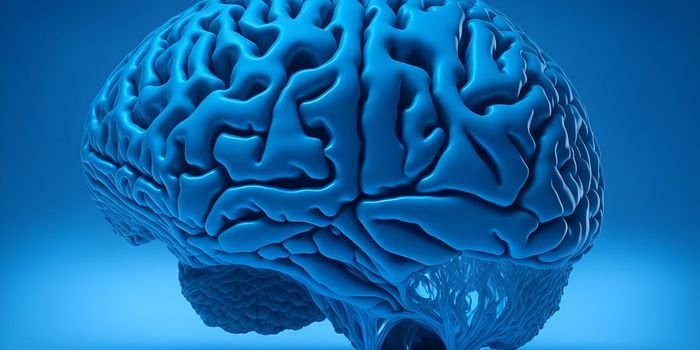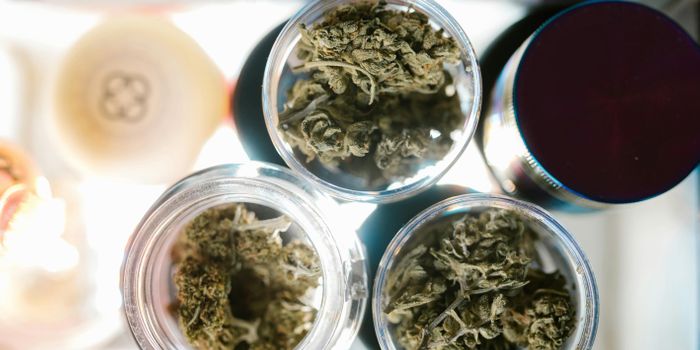Researchers Discover How LSD Encourages Prosocial Behavior
Researchers from McGill University have discovered one of the possible mechanisms by which lysergic acid diethylamide (LSD) increases social behaviors. Their findings may go on to inform ways to treat certain psychiatric illnesses, including anxiety and alcohol use disorders.
For the study, the researchers gave mice low doses of LSD over a period of seven days, during which they noticed an increase in their sociability. To understand how this happened, they used optogenetics, an imaging technique in which genes for light-sensitive proteins are introduced to certain types of brain cells so they can be monitored and controlled with light signals.
In the end, the researchers found that increased sociability came from a cascade of events beginning with the activation of the serotonin 5-HT2A receptors in the prefrontal cortex. This then went on to activate the excitatory synapses of AMPA receptors (glutamate receptors) in the same area, as well as a cellular protein known as mTORC 1, which is known to be dysregulated in conditions displaying social deficits such as in autism spectrum disorder.
To ascertain their findings, once these pathways had been mapped, the researchers used optogenetics to deactivate the prefrontal cortex area and see how prosocial behavior was affected. As predicted, when excitatory transmissions in the prefrontal cortex were deactivated, LSD did not have the same prosocial effects.
The researchers now hope to investigate how LSD may be used to treat mice displaying behavioral deficits similar to humans with autism spectrum and social anxiety disorders. They ultimately hope to explore whether microdoses of LSD or other similar compounds may have a similar effect on humans, and whether it could be used as a therapeutic.
“Social interaction is a fundamental characteristic of human behaviour,” says Dr. Gabriella Gobbi, co-lead author of the paper “These hallucinogenic compounds, which, at low doses, are able to increase sociability may help to better understand the pharmacology and neurobiology of social behavior and, ultimately, to develop and discover novel and safer drugs for mental disorders.”
Sources: Neuroscience News, PNAS









